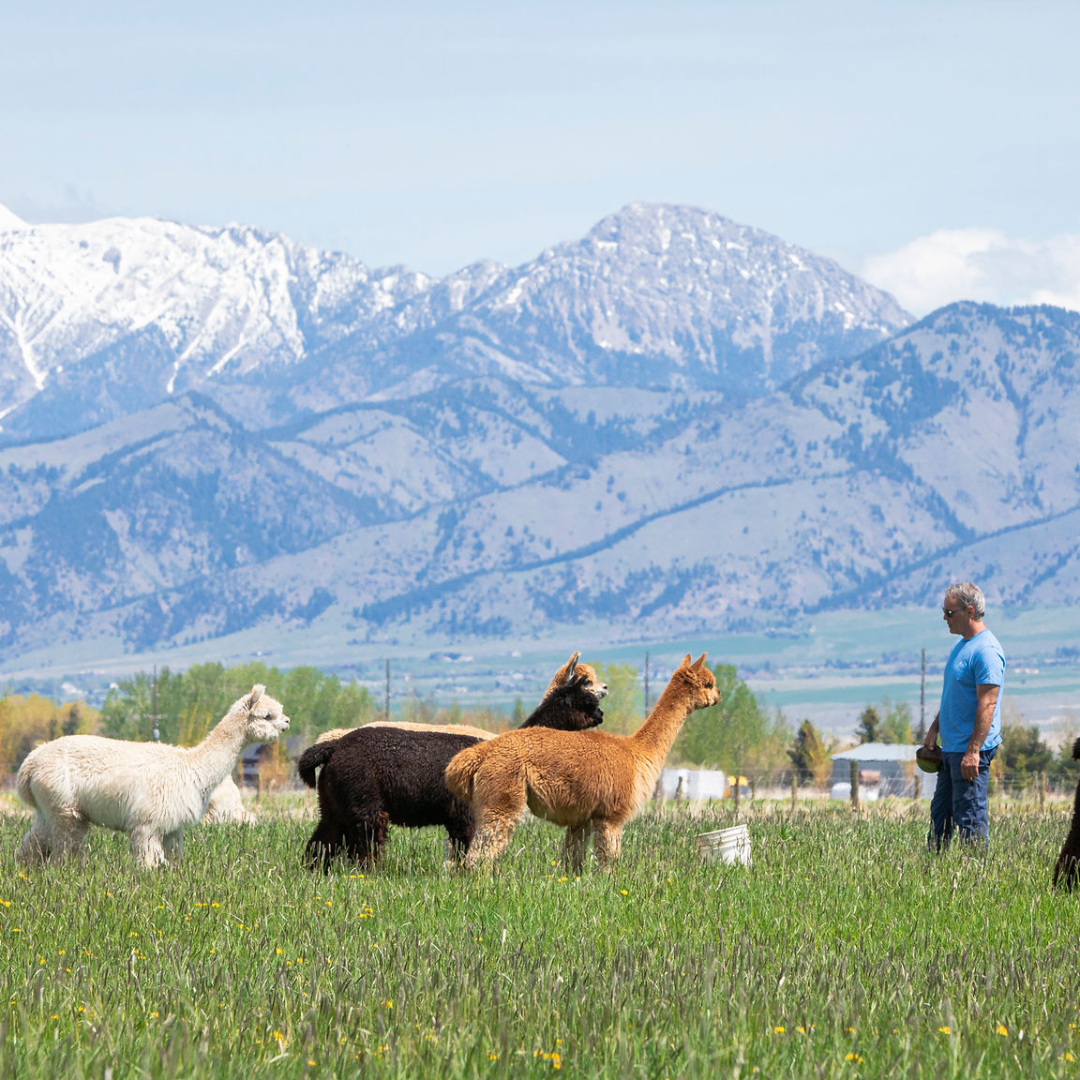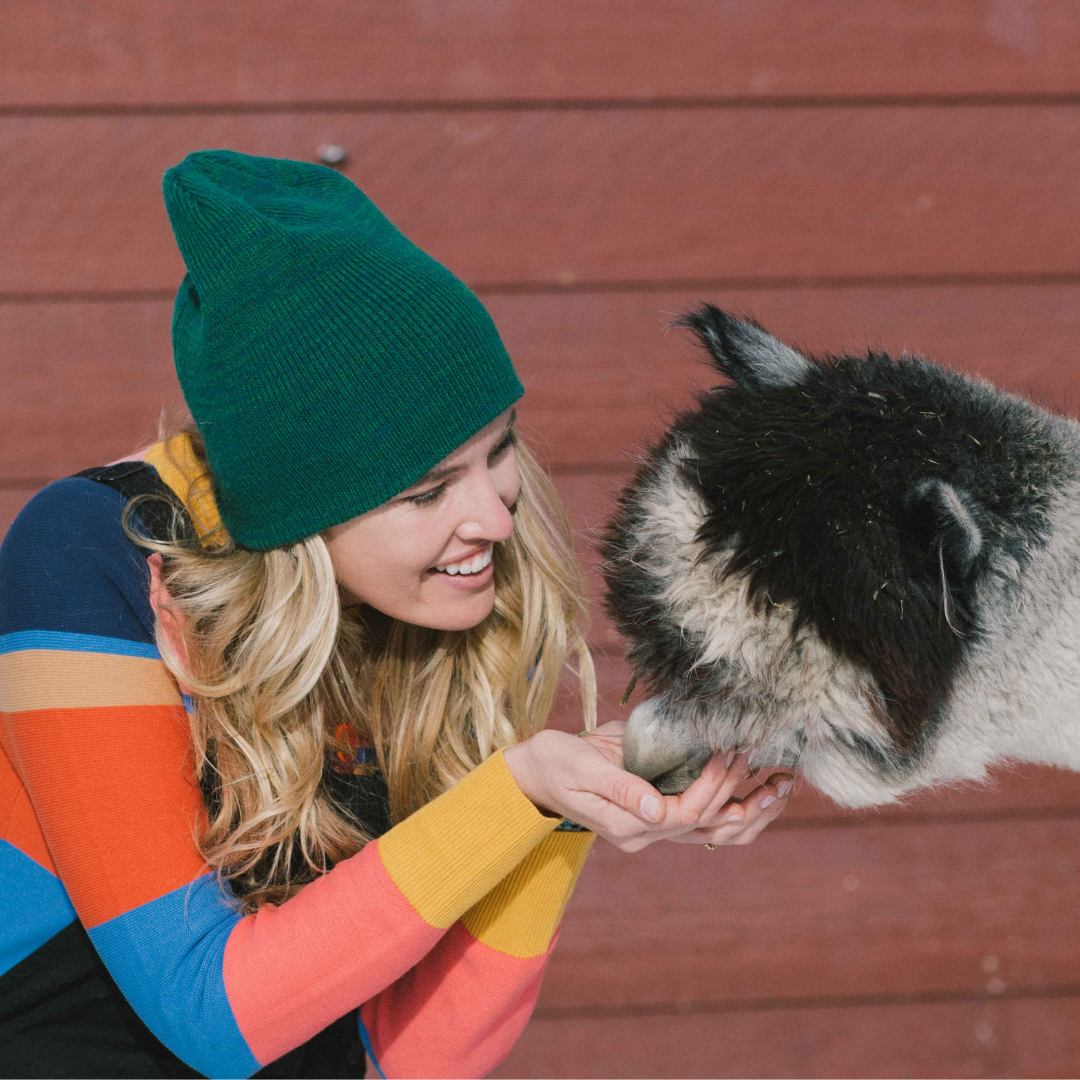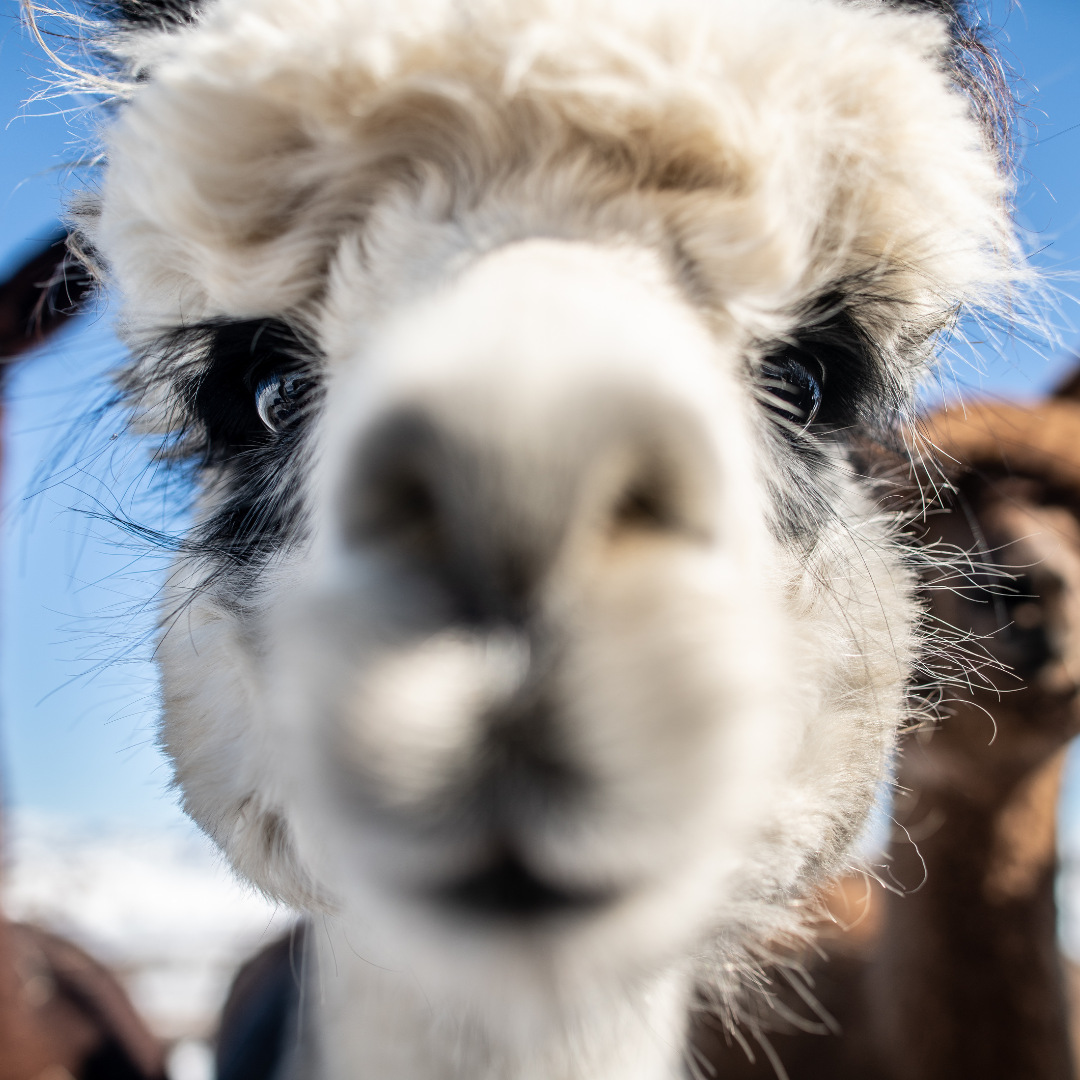Livestock Guard Dogs can be an amazing tool for a farm, whether it is a large or small set-up. However, do your homework, talk to other others - with large and small operations - and see if they can fit into what you are looking for. It always surprises me how many people will bring a dog into their family / lifestyle without taking into account what the hundreds of breeds of dogs were bred for - running, digging, nipping, lounging, barking.
With our 6 Anatolian guard dogs over the years, we have found several characteristics that are great for us, but are certainly not universally a positive trait for other homes.
1. These dogs are playful with each other - but not an overly playful dog like a lab or golden retriever. They are probably not that interested in playing with children.
2. They are not that food motivated. I would say 5 out of 7 nights neither of our dogs will finish the food in their bowl. And its top quality food with meat and/or cheese and/or any other usually oh-so-tempting treats for dogs. Our lab and german shepherds in the past would INHALE the plain dog food or anything else that was available.
3. Not really water dogs. Our male Grizzly will go into streams up to his knees. Our female Cookie is totally void of water and does her best to go around each and every puddle.
4. They are not really a great hiking / running dog. We take our dogs on the trail when we take them for a hike and they just stick with us, not really exploring and always happy to be home. But in small bursts, they can run up to 35 miles per hour and leap a 6 foot fence. If you are hiking by foot, they should be just fine, but I wouldn't necessarily recommend with a horse or ATV that go at a faster speed for longer distances.
This video is excellent in understanding the different types of guard dogs available and what their needs are. There is some overlap in protection instinct, but if you go too far off track from their thousands of years of breeding, you will be fighting an uphill battle for a long time.
Join the alpaca revolution! Alpaca is a sustainable alternative that is not only good for the earth, but for all of us. Alpaca wool is stronger, softer, more eco-friendly, and offers 85% greater wicking capability than merino wool. It is also hypoallergenic! Learn more about the benefits of alpaca in our Alpaca vs. Wool blog posts, shop our collections and follow us on social media!
























































































